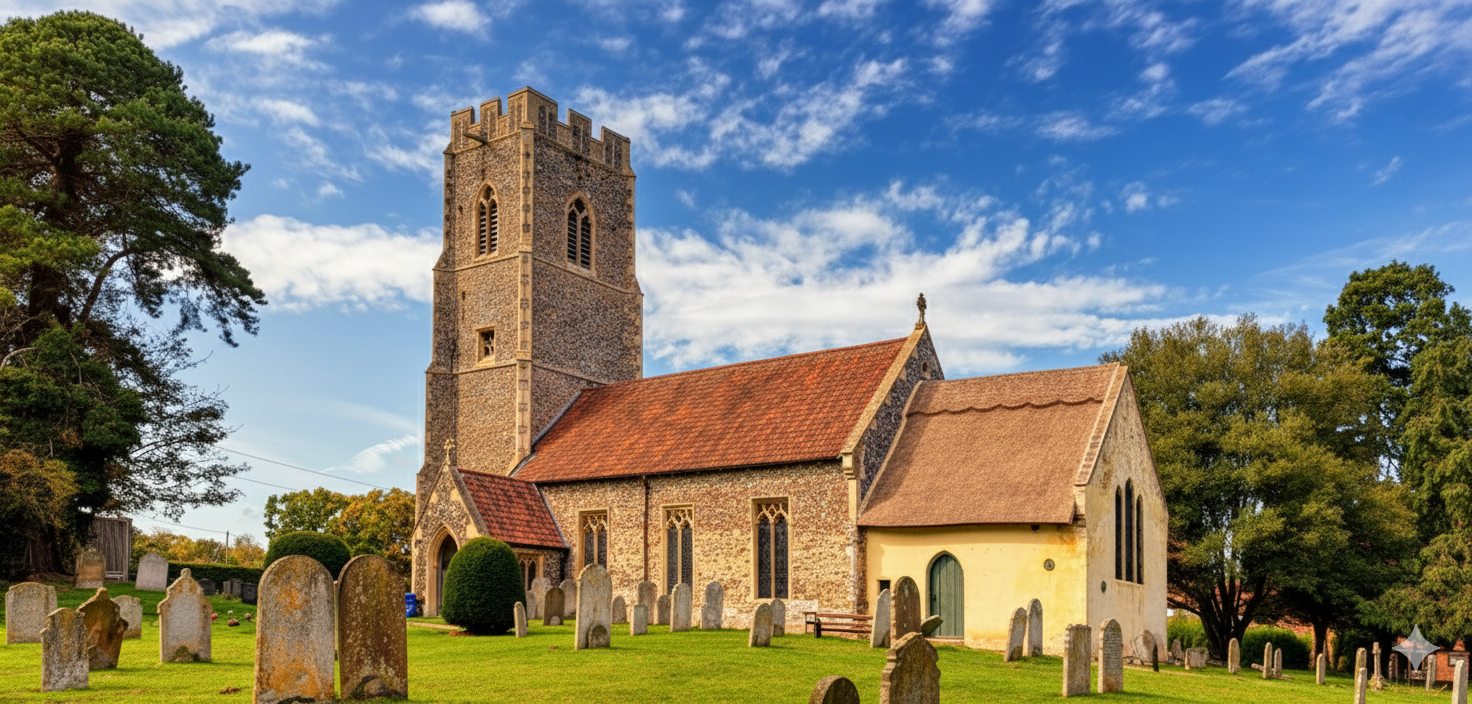
 |
|||
| All Saints: Horsford | |||
|
Welcome to the Parish Church of Horsford, one of the three churches that makes up what is known as the Horsford Benefice. The Church is open daily between 8.30am to 7pm: April - September and 8.30am to 5pm October - March, all Sunday and Mid-week services are published on the Calendar - Horsford Benefice If you are looking to arrange your wedding, or a christening or need more information about funerals or any Life Event services at All Saints Church Horsford, St. Margaret's Church Felthorpe, or St. Mary & St. Botolph Church Hevingham, please do contact Revd Margaret. Thank you. You can find information about the history of the church building below, the oldest building in the village of Horsford. |
|||
|
Read the Annual Report for All Saints Church 2024. |